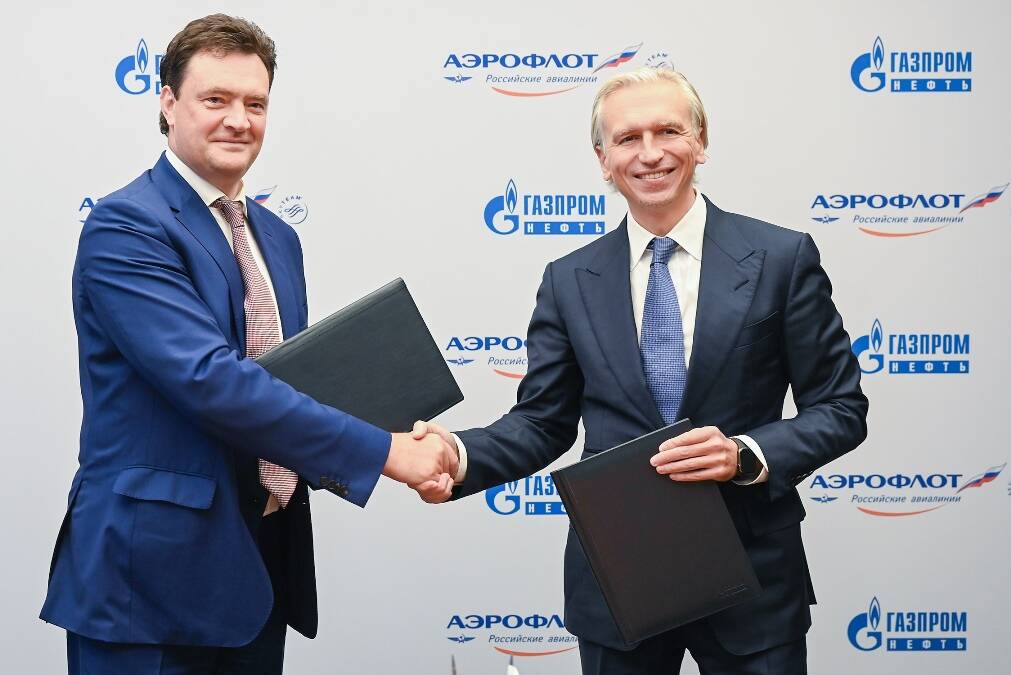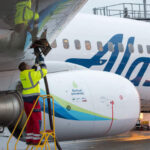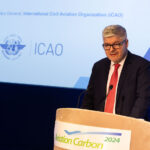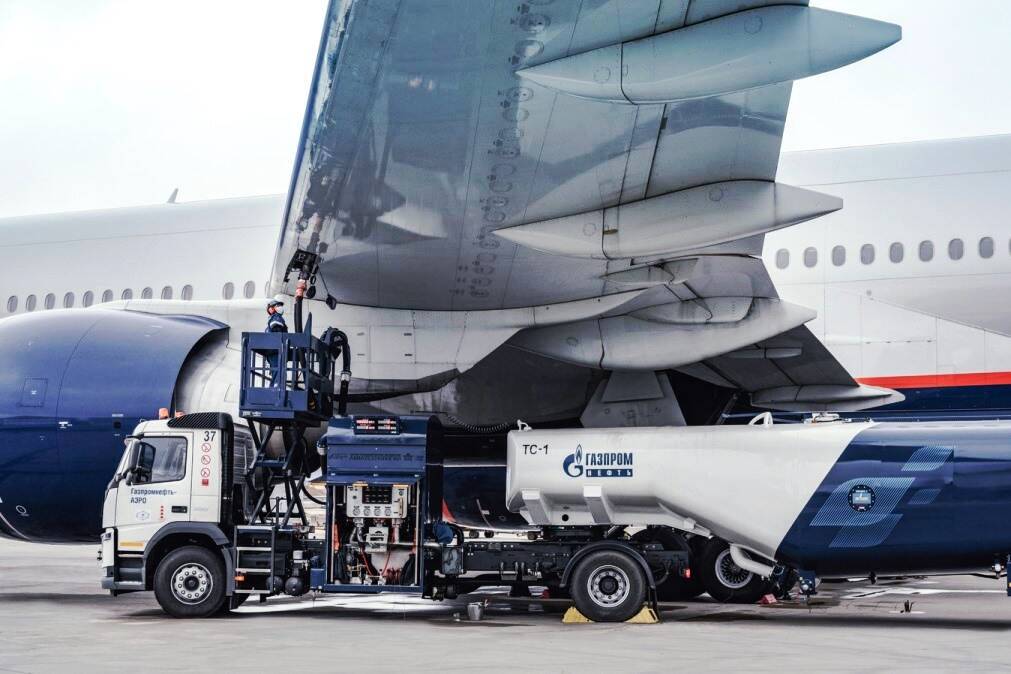Aeroflot and energy company Gazprom Neft have signed an agreement to jointly develop the production and use of sustainable aviation fuel (SAF), a first for the Russian aviation market. Aeroflot, Russia’s flagship carrier and ranked among the world’s 20 largest airlines, plans to use SAF on both domestic and international routes and said it was the next important step in improving the airline’s environmental efficiency. Gazprom Neft said the development of domestically produced SAF would take place at its main research site, the Industrial Innovations Technology Centre in St Petersburg. The company said the two partners envisage the SAF would be fully compliant with international requirements on limiting greenhouse gas emissions and ICAO’s CORSIA programme. It expects the fuel will be adapted for use on various aircraft types and certified under Russian and international aviation safety standards. A Russian SAF working group will be set up to include Russian and international aircraft manufacturers.
“We can see that in the light of the need to cut hydrocarbon intensity in air transportation, there is, potentially, considerable demand for green fuel – from our own country’s aviation industry and all around the world,” said Alexander Dyukov, Chairman of the Management Board, Gazprom Neft. “Our technological and R&D competencies mean the company can get actively involved in developing a product of this kind. And partnering with Russia’s leading airline can only make the process of developing a low hydrocarbon footprint aviation fuel even more efficient.”
Responded Aeroflot CEO Mikhail Poluboyarinov, who was recently re-elected to the IATA Board of Governors: “Ecology is fast becoming one of the most important issues in aviation, and the pandemic has only served to make this still more relevant. Environmental friendliness has always been front of mind for the Aeroflot Group. Upgrading the fleet and using modern airliners has made it possible for us to cut our carbon footprint by 30% over the last 10 years. Our subsidiary airline Pobeda, which is the main focus of our growth strategy, is already one of the greenest airlines in Europe.
“Many international air carriers are starting to use SAF on a test basis and plan to increase their proportional usage of this fuel over the next 10 to 20 years. We are happy to reaffirm our commitment to the environmental priorities of the aviation industry but it is at the same time very important for the Aeroflot Group that using SAF makes sense not just environmentally, but economically too.”
The airline’s 196-strong fleet is made up of Airbus and Boeing aircraft as well as Russian-made Sukhoi Superjet 100 regional jets. From last year, Aeroflot has started to introduce Airbus A350-900 long-haul aircraft.
To date, Russia has declined to participate in the pilot and voluntary phases (2021-26) of CORSIA.
Aeroflot CEO Mikhail Poluboyarinov and Gazprom Neft CEO Alexander Dyukov signed the SAF agreement at this year’s Eastern Economic Forum:

Top photo: Gazprom Neft















More News & Features
Progress on decarbonising the airline sector has been slow this year, says IATA chief
EASA releases status report on Europe’s SAF production and readiness to meet blending targets
New study highlights differing strategies and barriers to decarbonising aviation in UK and Europe
New partnerships formed to drive e-SAF production in Nordic markets
IAG continues to go big on e-SAF as it inks 10-year offtake agreement with Infinium
US on the pathway to achieving its 2030 SAF Grand Challenge target, says DOE report